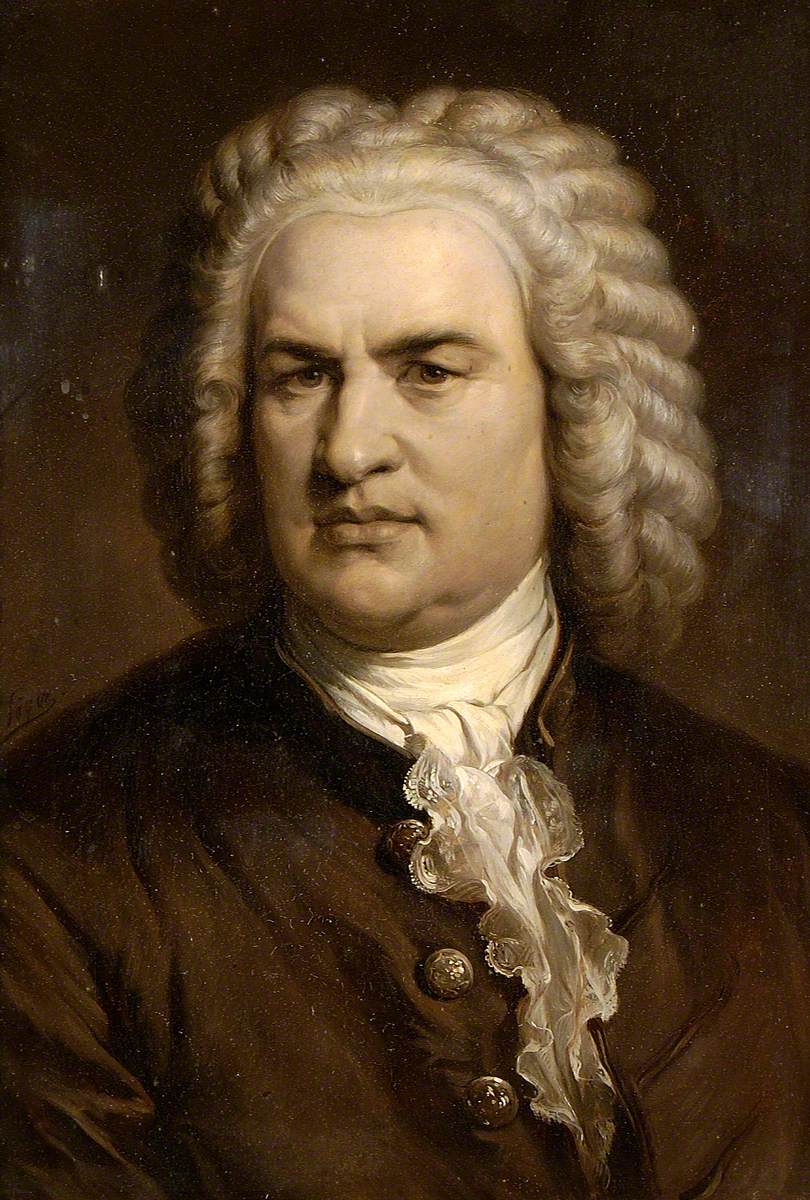Names: Name Structure
In Germany, the naming structure typically follows the Western convention of a given name followed by a surname. German given names, known as "Vornamen," are often chosen by parents from a wide array of names, many of which have Germanic origins and meanings. These names must be approved by the Standesamt (local office of vital statistics) to ensure they are suitable and distinguishable by gender. German surnames, or "Nachnamen," often originate from ancestral occupations (e.g., "Schmidt" for smith), physical characteristics, or geographical locations associated with the family. The use of middle names is less common in Germany than in some other Western countries. This naming convention, while seemingly straightforward, reflects the country's cultural heritage, with names often carrying historical significance or family traditions. Over time, due to globalization and multicultural influences, the variety of names used in Germany has expanded, reflecting its diverse and evolving society.
Name Format / Sequence
Given Name(s) | Surname
German names usually consist of at least two given names and a surname (family name), most often that of the father.
Examples:
- Clara Josephine Schumann, German composer and pianist (female)
- Max Karl Ernst Ludwig Planck, German theoretical physicist (male)
- Johann Sebastian Bach, German composer and musician (male)
- Johann Wolfgang von Goethe, German writer and statesman (male)
- Angela Dorothea Merkel, first female Chancellor of Germany (female)
- Heinrich Theodor Böll, German author (male)
- Marie Magdalene (Marlene) Dietrich, German actor and singer (female)
- Christiane Nüsslein-Volhard, German biologist (female)
Given Name
At birth Germans usually receive two or more given names. In many cases the first given name is not the name that is used in daily life. Many traditional given names derive from Christianity and include biblical names or saints’ names, such as Jakob or Lukas. Others are more specifically Germanic in origin.
Examples:
- Friedrich (male)
- Johann (male)
- Stefan (male)
- Wilhelm (male)
- Anna (female)
- Ingrid (female)
- Marta (female)
- Ursula (female)
Surname
A German child typically takes the father’s surname, although the mother’s surname may be used. Many German surnames originate from occupations, such as Stellmacher (cartwright). Others, such as Klein (little, short), refer to physical characteristics. Surnames related to place names are also common (e.g. Ferner, for someone who comes from Ferna or Fernau). Some surnames are patronymics, originating from a father’s given name, sometimes with the addition of a suffix (e.g., Abels, a patronymic meaning “Abel’s son”).
Common suffixes for German surnames that relate to occupations include -er, -hauer, and –macher (all mean a kind of worker). Suffixes that reference place names include -berg, -furt, and -holz. The prefix von might indicate nobility or a place of origin.
Examples:
- Böhm
- Fischer
- Hoffmann
- Müller
- Meyer
- Schmidt
- Wagner
- Wolf
Married / Maiden Name
When a German woman marries, she typically takes her husband’s surname. For example, if Helga Schneider married Carl Becker, she might be called Helga Becker. Some German women choose to retain their maiden name or combine their maiden name with their husband’s surname using a hyphen (e.g., Helga Schneider-Becker). Legally a husband has the option to take his wife’s surname and drop his own or use a hyphenated form of both names, but this practice is not widespread. Only one of the partners may use a hyphenated name, and children receive the name that is common to both parents. For example, a child of Helga Schneider-Becker and Carl Becker would receive the surname Becker.
Diminutives / Nicknames
Germans often use shortened forms of given names as nicknames (e.g., Maximilian might be shortened to Max). Sometimes an ending such as -chen, -el, -i, -lein, or -z is attached to the abbreviated name to denote affection (e.g., Marie might be called Marielein by her close friends).
Examples:
- Heinrich: Heini, Heinz, Hinz (male)
- Michael: Michel, Michi (male)
- Barbara: Babsi, Bärbel (female)
- Margarete: Grete, Gretel, Gretchen (female)
Forms of Address / Honorifics / Titles
Germans usually address family and close friends by their first names. Formal titles are commonly used in the workplace and in formal situations, such as in business meetings or upon being introduced to someone. A man should be addressed by the title Herr (Mr.) or by Herr plus his professional title, followed by the surname (e.g., Herr Doktor Klausen). Previously, unmarried women were commonly addressed as Fräulein, but this title is now rarely used and is considered outdated. All adult women should be addressed as Frau (Ms./Mrs.), regardless of marital status.
Examples:
- Frau Bachmeier (Ms. Bachmeier)
- Frau Becker (Ms. Becker)
- Herr Neumann (Mr. Neumann)
- Herr Doktor Schulz (Dr. Schulz, a man)
- Frau Professor Pfeiffer (Professor Pfeiffer, a woman)
- Herr Bundeskanzler (Mr. Chancellor)
Article written for World Trade Press by Harrabeth Haidusek.
Copyright © 1993—2025 World Trade Press. All rights reserved.

 Germany
Germany 
